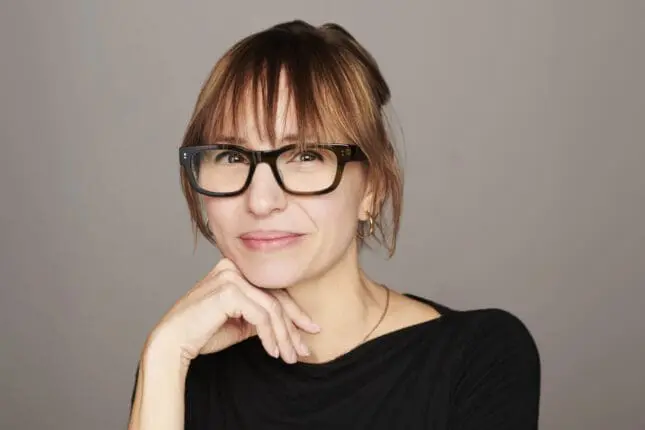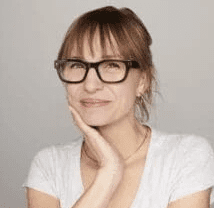I won’t mince words: putting together this issue has changed me. It shattered the neurotypical lens through which I’d been inadvertently viewing the world, and many people I know in it. Thank god!
What our authors share about their work with neurodivergent clients—many of them part of an astonishingly large wave of adults grappling with a later-life autism diagnosis—opened my eyes to the depth of the invalidation, isolation, and trauma they so often carry. Yes, I’d heard the term masking in relation to the Autistic experience, but I didn’t get just how profound of an impact unmasking can have—when therapists are able to make the care they offer safe, attuned, and affirming for neurodivergent clients, diagnosed or not.
Providing this kind of care will require many more mental health professionals, even some already working within the autism community, to update their understanding of the wide spectrum of neurodivergence and the complex, vulnerable nervous systems at stake. After all, as we learn in this issue, the standard approaches to mental health issues like depression and anxiety, and even to common relationship issues brought up in couples therapy, were designed from within a neurotypical framework. Using them may actually cause harm to Autistic people—including the high-masking clients who may be flying under the radar in your practice. Before this issue, I thought I knew enough about autism to be affirmative and caring, and to comfortably delve into the question of what’s new in the rapidly developing field of neurodiversity. But I had no idea what I’d be discovering—and unlearning in terms of outmoded stereotypes and perspectives on care. This issue is by no means comprehensive—there are many holes here I hope to cover in the future as this conversation continues, including the prevalent overlap of autism and ADHD (AuDHD), autism and OCD, and gender diversity and neurodiversity.
Although autism itself isn’t new, we’ve called this issue The New Autism because courageous voices inside and outside our field are helping us see it in new ways. Many of these voices belong to therapists and coaches who are themselves neurodivergent. As neurodiverse couples therapist Kory Andreas writes, “This ‘modern’ Autism isn’t the visible, predictable version that once led parents of stereotyped young boys to question vaccine schedules. It’s the neurodivergence of high-masking adults hidden in plain sight—in boardrooms, art studios, tech meetings, and academia. And it continues to elude many mental health professionals in 2025.”
Neuro-affirming tropes abound in our media, celebrating the unique strengths of Autistic people and advocating for a cultural shift in seeing different neurotypes as just that—different. I’m all for it, as long as this celebration doesn’t eclipse the need for support and the growing awareness of the real challenges many neurodivergent people face in our society. This celebration and need for support is beautifully brought to light by therapist Tasha Oswald, whose story illustrates how neurodivergent burnout and trauma often develop for high-masking clients. Several other authors explain why those of us who work with kids, parents, and families can’t afford to continue overlooking PDA—an emerging neurodivergent category of vulnerable nervous systems with some diagnostic controversy surrounding it. You’ll learn about neuro-affirming intakes and the misunderstood overlap between neurodivergence and disordered eating.
More than anything, the perspectives you’ll find in this issue invite you to shift your mindset. For some, it may be a difficult or disorienting shift, but ultimately, I believe making it will empower all of us to provide more people with the neuro-affirming care and validation we need to see in the world.
Livia Kent
Livia Kent, MFA, is the editor in chief of Psychotherapy Networker. She worked for 10 years with Rich Simon as managing editor of Psychotherapy Networker, and has collaborated with some of the most influential names in the mental health field on stories that have become widely read articles and bestselling books. She taught writing at American University as well as for various programs around the country. As a bibliotherapist, she’s facilitated therapy groups in Washington, DC-area schools and in the DC prison system. In 2020, she was named one of Folio Magazine’s Top Women in Media “Change-Makers.” She’s the recipient of Roux Magazine‘s Editor’s Choice Award, The Ledge Magazine‘s National Fiction Award, and American University’s Myra Sklarew Award for Original Novel.












